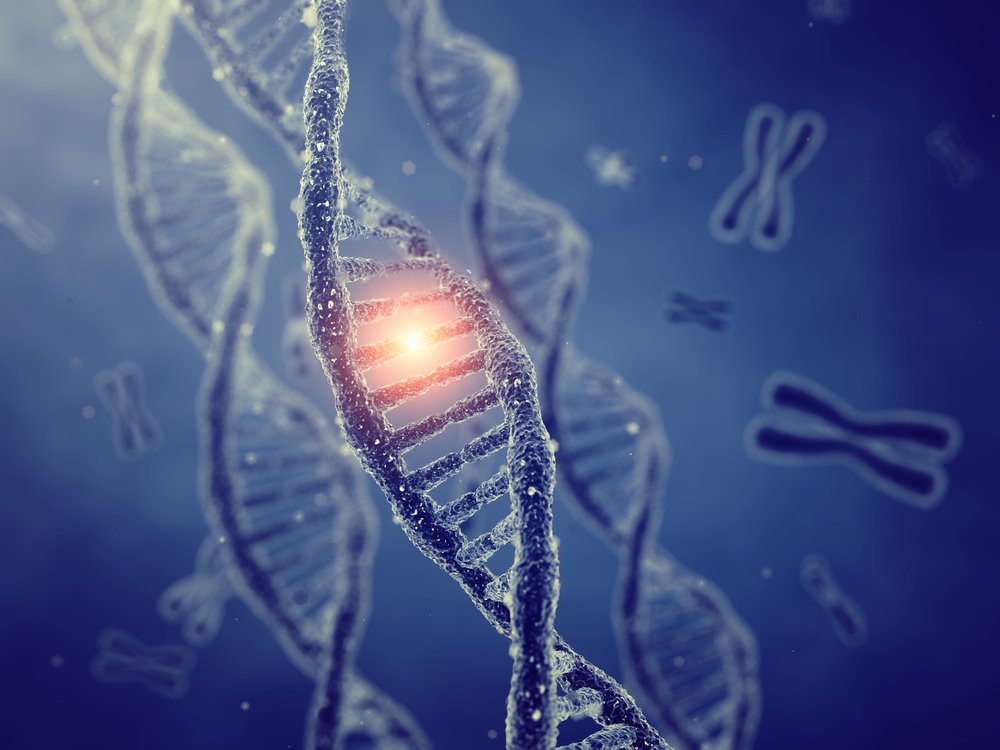Researchers Study Myelin Protein Mutations and Their Links to Charcot-Marie-Tooth Disease
Written by |

Researchers have uncovered how mutations in the peripheral myelin protein P2 — recently linked to the development of Charcot-Marie-Tooth (CMT) disease — might impact myelin formation to cause the disease.
P2 is part of the myelin sheath, where it acts to transfer fatty acids to and from nerve cell membranes and serve as insulation.
The study, “Molecular mechanisms of Charcot-Marie-Tooth neuropathy linked to mutations in human myelin protein P2,” was published in the journal Scientific Reports and used several methods to examine how the mutations impact P2 proteins.
Although CMT patients display the same or similar symptoms, different mutations can cause the disease through various molecular mechanisms. Learning about these mechanisms is crucial for developing treatments for the condition.
Most patients with CMT1 carry mutations in the myelin gene PMP22, which is coding for the P2 protein. Recently, three new mutations also were found in CMT-affected families.
The three mutations studied were found to cause the protein to become unstable and prone to aggregation. These and other changes in the mutated proteins likely cause the myelin abnormalities observed in patients with CMT, scientists from the University of Oulu in Finland determined.
In the study, patients’ motor and sensory nerves sent signals at a lower than normal speed. They had nerve axons that lack myelin sheets, or had only thin ones. Myelin is a fatty substance that acts as insulation to allow nerve signals to rapidly travel in their extended axons.
The team discovered that the overall three-dimensional structure of the protein did not change with the three mutations. But when studied in solution, the protein tended to aggregate.
When the team studied how the protein interacted with other factors, it also became clear that it abnormally did not bind to fatty acids, possibly preventing nerve cells from maintaining a healthy cell membrane.
All of these alterations might contribute to the loss of myelin and subsequent nerve damage that researchers observed in affected CMT patients, researchers said.





